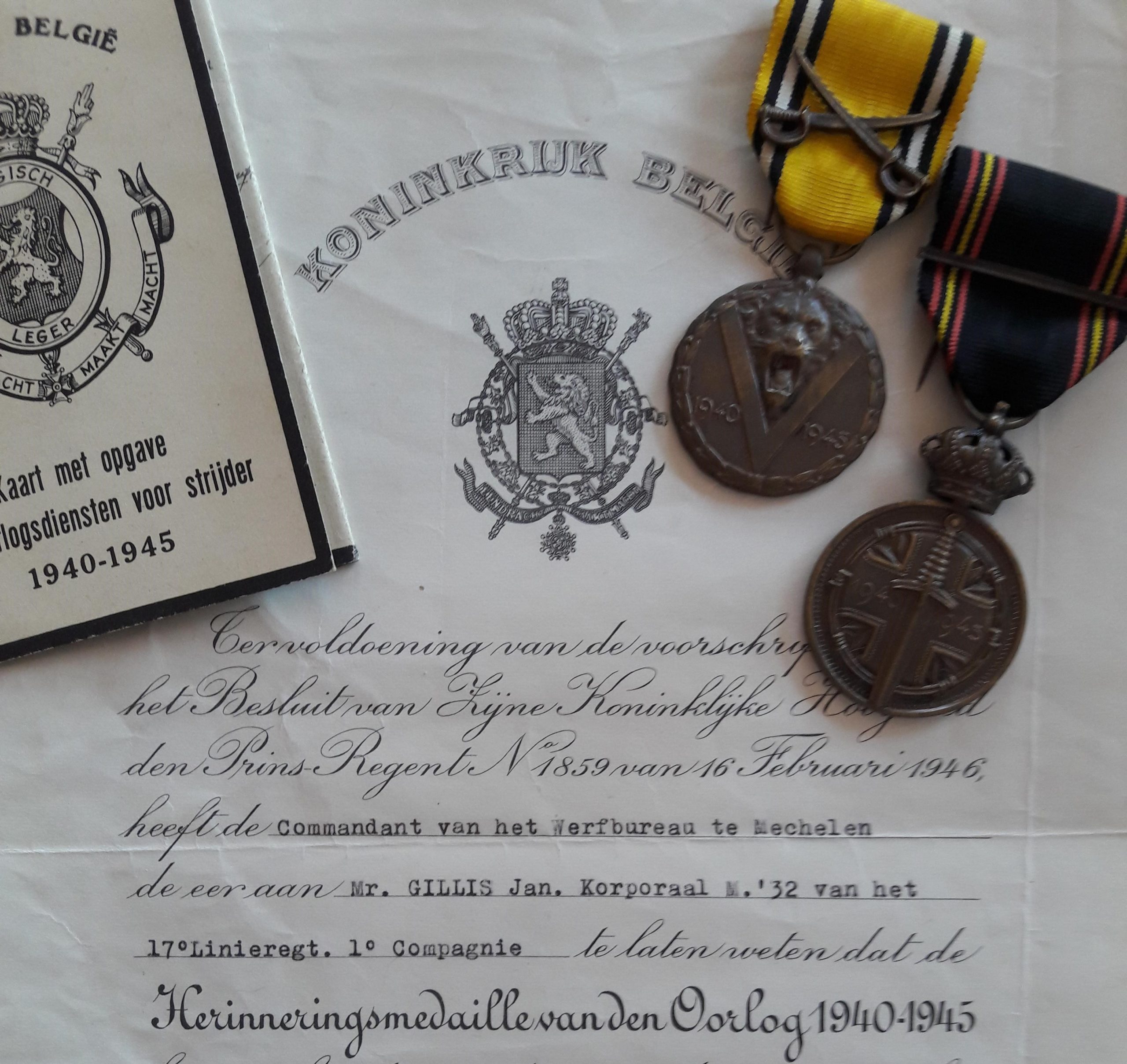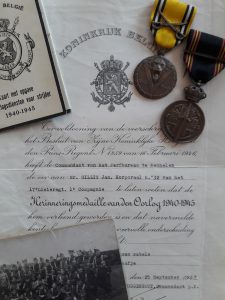
Victory in Europe: Remember, to Act

In
“Americans at that time [1945] – or at least we in Berlin – saw no reason why the Russian system of government and democracy as practised by the Western Allies could not live side by side in the world, provided each respected the rights, the territory, and the convictions of the other, and each system avoided overt or covert action against the integrity of the other… What caused the change… may possibly never be clearly understood by any of us”.
This is how a somewhat puzzled General Eisenhower looked back at the emergence of the Cold War, in his 1948 memoir Crusade in Europe.
VE Day, 8 May 1945, marked the end of the war in Europe, but it was not an undivided victory for Europe.
Read the full text below.
*****
Victory in Europe: Remember, to Act
“Americans at that time [1945] – or at least we in Berlin – saw no reason why the Russian system of government and democracy as practised by the Western Allies could not live side by side in the world, provided each respected the rights, the territory, and the convictions of the other, and each system avoided overt or covert action against the integrity of the other… What caused the change… may possibly never be clearly understood by any of us”.
This is how a somewhat puzzled General Eisenhower looked back at the emergence of the Cold War, in his 1948 memoir Crusade in Europe.
VE Day, 8 May 1945, marked the end of the war in Europe, but it was not an undivided victory for Europe. Europeans lost their independence in international politics and were forced to align with one side or the other as the continent became a theatre of superpower confrontation. Central and Eastern Europe, moreover, lost their freedom too, as the Soviet Union imposed its puppet governments.
Whether the Cold War could have been avoided, will remain one of the unanswerable “what if” questions of history. Sadly, 75 years later, the world’s two biggest powers (now the United States and China) are again at risk of getting stuck in a stale and unproductive rivalry. Once more, a divided Europe may end up as a theatre of competition rather than as a player in its own right.
Could not the US and China, and the EU and Russia, live side by side? Bordering on Canada, Mexico, and two oceans, a powerful US is as safe as it ever was. No one is secretly recruiting for the communist cause, least of all China, which is more hardcore capitalist than most European welfare states. The US is and will be a world leader. And so will China. Denying this reality can only lead to a mutual hardening of positions, which will end up paralyzing international politics and trade as a whole.
The fact is that under the current world order both the US (which created it) and China (which is fully integrated in the global economy) are prospering; either would be foolish to overturn it. But the world order does need reform. A compromise is eminently possible. It is only logical that the US and the EU make some space for China in the ruling bodies of the world according to its size and contribution. On the equally logical condition that China, and all other powers, respect the basic rules of the order: peace (don’t make war), openness (don’t fence off exclusive spheres of influence), and reciprocity (abide yourself by the rules that you want others to respect).
If, however, the US abandons its creation and retreats from the multilateral bodies that create some order in our world, it enables China to do exactly the opposite of what the American (and European) interest demands: to move in, fill the gap, and lean on the others to re-write the rules to its sole advantage. The EU alone will likely not have sufficient weight to prevent that. Conversely, if the US and China can find an accommodation, there would be little option left for Russia but to seek better relations too, or remain a lonely spoiler.
There will be friction and even serious disagreements. The military annexation of the South China Sea by Beijing is the most pointed example of China breaking the basic rules. The US and the EU will and must push back against it. But even such flagrant violations do not need to lead to a systematic and all-encompassing rivalry. Great powers usually are good at compartmentalizing their relations: they can cooperate and compete at the same time, disagreeing on one issue while jointly tackling another.
That requires mutual respect, and the acceptance of the other for what they are, even if one does not like all that one sees. Americans and Europeans have a moral duty to condemn human rights violations. But the US or the EU will not change China’s way of life – only the Chinese can do that; and vice versa. There is more chance of China returning to a gradual opening up again, however, in a less hostile environment. There is grumbling within the CCP about Xi Jinping’s too assertive external policies that provoke too much pushback, while internally the corona outbreak was badly managed. But pushing back only, and consistently pushing China into a corner without engaging it, may well close off the space for internal change.
And what about us, the EU? Europe on 8 May 2020 is not lying prostrate and exhausted by war. But today, sadly, is also no day for celebration, in the midst of the corona crisis. But as we are slowly overcoming the coronavirus, let us remember 1945, and take it as a call to action, to take our fate into our own hands. The European Union is as powerful as it is united. Europe has no aspiration to be the leader of the world, but it must be one of a collective leadership. The EU has the resources and the instruments to take new multilateral initiatives, to build mutually reinforcing connectivity schemes, and, most importantly, to engage the other great powers in order to forge a collective sense of purpose.
Sven Biscop fondly remembers his maternal grandfather, Jan Gillis, a corporal in the 17 Regiment of Infantry. A working man, he only ever saw two places outside Belgium in his entire life: Boulogne, where the Germans took him prisoner, and Nuremberg, where he was in a prisoner of war camp.
